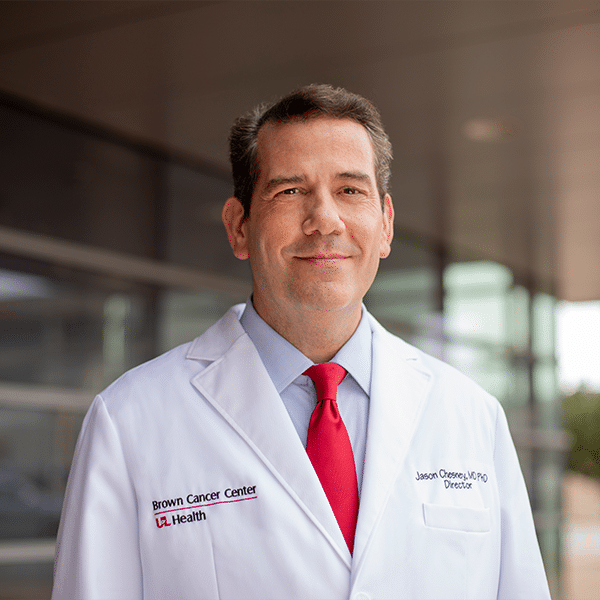
In men and women, skin cancer is the most common type of cancer. While the two most common types of skin cancer – basal cell carcinoma and squamous cell carcinoma – are highly treatable, other types of skin cancer, such as melanoma or Merkel cell carcinoma (MCC), are still treatable but pose a greater threat.
MCC is a rare form of skin cancer that presents itself as a red or purple papule. The papule looks very similar to a pimple but cannot be popped, does not go away and often continues to grow. Only about 3,000 cases of MCC are reported in the U.S. each year. With MCC numbers and awareness on the rise, immunotherapies have been found to be effective treatment options.
MCC Risk Factors
Ultraviolet (UV) radiation from sun exposure or a tanning bed is the primary risk factor for developing MCC. Individuals over 70 and immunocompromised individuals are at a greater risk for developing MCC. Males are twice as likely to develop MCC than females.
Skin Cancer Prevention
Prevention is the best method for avoiding skin cancers. To prevent MCC and other skin cancers:
- Wear clothing that blocks UV rays.
- Wear hats and sunglasses to protect your head, neck and eyes.
- Avoid the sun between 10 a.m.-2 p.m., when it is at its peak. Remember that water and hard surfaces reflect UV radiation.
- Put on sunscreen with an SPF of 30 or higher and reapply throughout the day.
Skin Cancer Screening
It is important to detect any skin cancer early. Routine self-examination is the best way to catch skin cancers. If left untreated, skin cancer can spread to other parts of the body.
Do not hesitate to see a medical professional if you have any skin cancer signs or symptoms. Talk to your primary care provider or dermatologist to schedule your skin cancer screening. Call the UofL Physicians – Primary Care hotline at 502-588-4343 to find a primary care provider at UofL Health.
UofL Health – Brown Cancer Center treats a wide variety of cancers and is nationally recognized for its clinical care, research, prevention, education and community outreach efforts. As the region’s only academic cancer center, we are dedicated to making scientific discoveries that will lead to enhanced treatment opportunities, helping more patients and their families cope with cancer. For new patient appointments, call 502-562-HOPE (4673).









